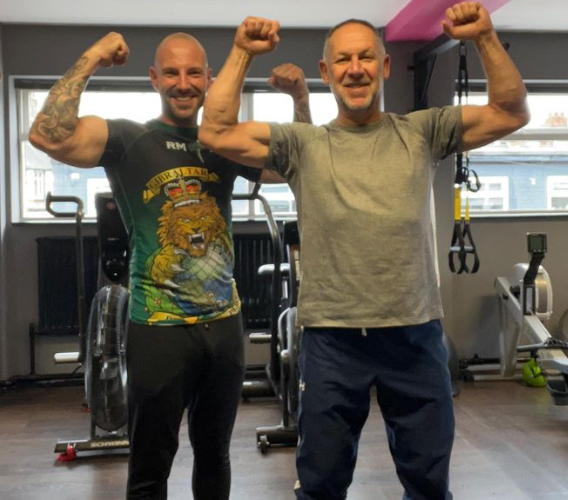Personal trainers and nutrition experts generally agree that while the concept of ‘calories in vs. calories out’ is important for weight management, not all calories are created equal when it comes to overall health and fitness. Here is a more nuanced view:
Calorie basics
A calorie is simply a unit of energy measurement. In terms of pure weight loss or gain, creating a calorie deficit or surplus is fundamental. However, the human body is complex, and how it processes different types of calories can vary significantly.
Beyond simple math
Macronutrient difference
The source of calories matters because different macronutrients (proteins, carbohydrates, and fats) affect the body differently:
- Protein requires more energy to digest and can help curb appetite.
- Carbohydrates, especially those with a high glycaemic index, can cause insulin spikes and affect hunger levels.
- Certain fats, like Omega-3s, can stimulate calorie burning through thermogenesis.
Hormonal impact
The foods that we eat influence our hormones, which in turn affect how our bodies process and store energy. For example, chronically elevated insulin levels from high-carbohydrate diets can lead to insulin resistance over time.
Nutritional value
While two foods may have the same calorie content, their nutritional profiles can be vastly different. Nutrient-dense foods like fruits and vegetables are linked to better health outcomes and lower mortality risk compared to calorie-equivalent processed foods.
Practical implications
For weight loss
Creating a calorie deficit is necessary for weight loss. However, the quality of those calories can impact:
- Satiety and hunger levels
- Energy for workouts
- Body composition (muscle vs. fat)
- Overall health and well-being
For overall health
Personal trainers often emphasise that while calorie counting can be a useful tool, it does not address underlying lifestyle factors that contribute to weight gain or poor health. A holistic approach considering food quality, nutrient density, and individual needs is often recommended.
Personal Trainer perspective
There are no strictly ‘good’ or ‘bad’ foods, but rather that a balanced diet, with room for flexibility is key. We would encourage focusing on macronutrient balance and overall food quality rather than strict calorie counting alone. In conclusion, while the basic principle of energy balance holds true, the source and quality of calories plat a crucial role in health, fitness, and sustainable weight management. Personal Trainers and nutrition experts advocate for a more comprehensive approach to diet that goes beyond simple calorie mathematics.
A personal trainer is an investment in your health and well-being that can lead to long-term positive effects on your fitness, confidence, and overall health. PT Hale prides itself on being a social and safe space where you can workout individually, or with like-minded people to get the results that you want and deserve – LET’S GO!











